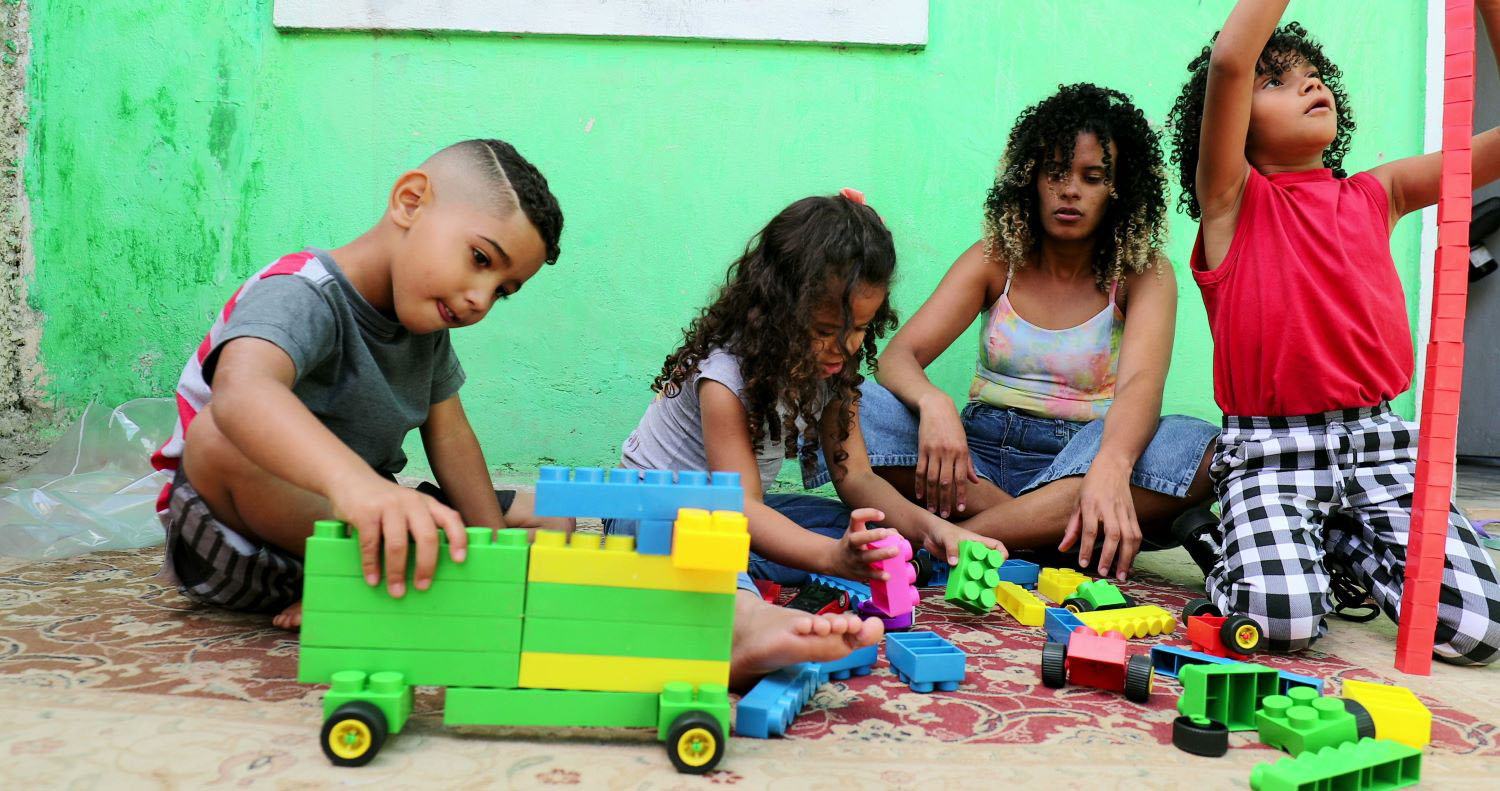Center for Global Development
1800 Massachusetts Ave. NW, Third Floor, Washington, D.C.
10:00 a.m.–12:00 p.m.
The Center for Global Development and the United Nations Conference on Trade and Development will present the seminar "Coping with Trade Reforms: A Developing-Country Perspective on the WTO Industrial Tariff Negotiations."
10:00 – 10:30 - Coping with trade reforms - Overview
Sam Laird, Inter-regional Advisor, UNCTAD
10:30 – 11:00 - Now what? Searching for a solution to the WTO Industrial Tariff Negotiations
Santiago Fernández de Córdoba, Economist, UNCTAD
11:00 – 12:00 - Discussion
Kim Elliott, Research Fellow, Center for Global Development and the Institute for International Economics (Moderator)
Please RSVP to Sarah Dean at events@cgdev.org by October 19th.
While the long-term gains from liberalization are generally accepted, liberalizing economies are, nevertheless, likely to face short- to medium-term adjustment costs. The structural unemployment that occurs as this transition takes place is, perhaps, the major social cost of adjusting to trade reforms. Unfortunately, most developing countries do not have well-developed social safety nets, such as unemployment benefits, retraining programs and portable pensions, to address these problems.
Focusing on WTO Non-Agricultural Market Access (NAMA) negotiations, Sam Laird (UNCTAD and University of Nottingham) will present an overview of various studies on the experience of eight developing countries (Bangladesh, Brazil, Bulgaria, India, Jamaica, Malawi, Philippines and Zambia) in coping with trade reforms, and try to draw out some lessons for the studies.
Understanding the experience of developing countries in coping with trade reforms is useful to gauge their reaction to proposals in the current WTO trade negotiations. In the seminar, Santiago Fernandez de Cordoba (UNCTAD and University of Navarra) will also present an analysis of the WTO NAMA negotiations, including estimates of the welfare, trade, employment and revenue impact of proposals.
It is hoped that this work will be useful in helping governments decide on how to approach the WTO negotiations and help on the design of support policies that will achieve a development-friendly outcome.
For further information about the study, contact Santiago Fernandez de Cordoba (santiago.fernandez.de.cordoba@unctad.org)
Documents can be downloaded at: www.unctad.org/tab/NAMA.asp








